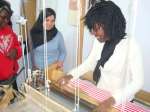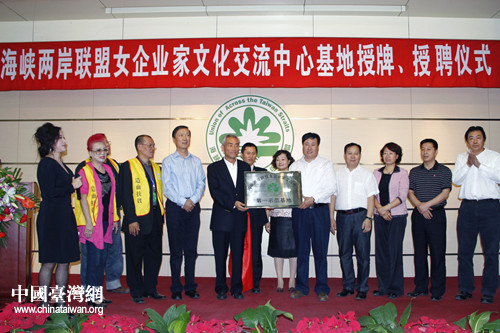The East-West Women Against Poverty is a platform funded by the EU which allows a permanent dialogue among women, Institutions, NGOs and other interested stakeholders from Europe, Central Asia and China.
Эта платформа создана в рамках Проекта Евросоюза, для укрепления диалога и обмена опытом между женщинами, НКО и другими заинтересованными организациями из Европы, Центральной Азии и Китая.
Wednesday, 17 October 2012
International Day for the Eradication of Poverty


The International Day for the Eradication of Poverty is observed on 17 October. Twenty five years ago, on this day, over a hundred thousand people gathered at the Trocadero in Paris , where the Universal Declaration of Human Rights was signed in 1948, to honour the victims of extreme poverty, violence and hunger. They proclaimed that poverty is a violation of human rights.
Read more:
“Underwrite the poor like we underwrote the banks” – UN experts propose Global Fund for Social Protection

GENEVA/NEW YORK – “Nearly
80 percent of the world’s poor do not have access to social protection to
shield them from the effects of unemployment, illness, or disability – not to
mention crop failure or soaring food costs. Yet, if we were to dedicate 2 percent
of global GDP to securing this human right, basic social protection could be
provided to all of the world’s poor,” stated Olivier De Schutter, the UN
Special Rapporteur on the right to food, and Magdalena Sepúlveda, the UN
Special Rapporteur on extreme poverty and human rights.
Tuesday, 16 October 2012
The benefits of cooperatives for women
Cooperatives and Women: Promoting Self-Empowerment

“Cooperatives, and other collective forms of economic and social enterprise, have shown themselves as distinctly beneficial to improving women’s social and economic capacities.”
Tuesday, 9 October 2012
Monday, 8 October 2012
The European Institute for Gender Equality (EIGE) and the Committee on Women's Rights and Gender Equality of the European Parliament suggest the following link
Equality between women and men is one of the fundamental principles of the European Union (EU). Over the years, the principle of gender equality has been reinforced with legislation, both generic and specific, obliging Member States to ensure equal opportunities and equal treatment for men and women and to combat any form of discrimination on the grounds of gender. European laws have evolved in their nature and scope, with their focus shifting from the protection of individual rights in the 1970s, to the introduction of specific or positive actions addressing the disadvantages experienced by women in the 1980s, to a policy directed toward gender mainstreaming - recognising that existing structures are not gender-neutral but favour one sex or another in a variety of subtle and not so subtle ways - in the 1990s. Most laws in European countries concerning equal pay, maternity leave, sexual harassment or equal access to financial services, amongst others, have been adopted first by the European institutions and new and better EU laws and policies promoting equality and gender mainstreaming are continuously being discussed and implemented.
Wednesday, 3 October 2012
Beijing Establishes First Cross-Strait Women Entrepreneurs Center

The first communications center for women entrepreneurs from China's mainland and Taiwan was officially opened during a ceremony held in Huairou District in Beijing on September 23, 2012.
Editor: Wu Linfeihttp://www.womenofchina.cn/html/womenofchina/report/145208-1.htm
Subscribe to:
Posts (Atom)

